QuestionI have a 4 month old Rottie female.She loves people and knows sit, stay, come, and down also to leave it and drop it.She does these well not always but well.My problem is that when I reach for her(when she is standing)she backs away.This is my first rottie.We live alone together and I bought her when she was 8 wks old.I can rub her head when she is laying down or standing once she is next to me.She stays inside with me but she sleeps in a kennel at night because she still chews everything if I am not watching (Doing better but still a baby).Is she scared of me ?I do not want her to be afraid I love her and want us to be best buds.I did smack her twice a couple of days after I got her because she tried to bite me when she had a pig ear.That was unacceptable but Have I done something very wrong in that.I don't believe in being violent with my animals smacking her was instinct on my part.If that was wrong what should I have done?Fyi she has not tried to bite me again.Now she lets me take things from her that she should not have.
AnswerHi Sandra,
I love rottweilers - great dogs!
And great question!
Your puppy is what we call, "head" or "hand-shy." While most dogs do not naturally like to be petted on the top of their heads, a dog will develop "hand-shyness" if they have been struck or had an electronic (shock) collar used on them.
Dogs learn by association and if they experience pain or discomfort with an object or event they will learn to avoid the object or situation or worse, attack. A study was done a few years ago that showed that owners who used confrontational methods to deal with their dogs' aggression increased the aggressive responses in their dogs:
http://www.sciencedaily.com/releases/2009/02/090217141540.htm
http://vet.osu.edu/assets/pdf/hospital/behavior/trainingArticle.pdf
The way to handle puppy biting is through gentle guidance and teaching. All puppies bite - it is normal and natural, but we need to teach them to gradually inhibit their bite and to use their mouths in socially acceptable ways. Read my article on how to Stop Puppy Biting and Chewing:
http://dubuquedogtrainer.hubpages.com/hub/Puppy-Biting-and-Chewing
Now, to repair the damage to your relationship that was caused by smacking your dog, I recommend the following.
Associate something good with the approach of your hand. Typically I coach my clients in how to do this with clicker training, but since you may not know about clicker training and because I would want you to do it correctly I am going to recommend you skip the clicker for now.
Another exercise I recommend to my clients is to feed the dog her meals by hand. Feed your puppy her daily meals, one piece at a time by hand for a couple of weeks. This will strengthen your bond and help your puppy make a new association with the approach of your hand.
Please read this position statement by the American Veterinary Society of Animal Behavior on the use of punishment in behavior modification of animals:
http://www.avsabonline.org/avsabonline/images/stories/avsab%20postion%20s%8Ant21
It might be a good idea for you to read this one as well about the use of dominance:
http://www.avsabonline.org/avsabonline/images/stories/Position_Statements/domina
Find a qualified clicker trainer or at least a good positive reinforcement, force-free trainer who can help you train your dog. You can look on this website for a certified clicker trainer: https://www.karenpryoracademy.com/find-a-trainer. Call the 800 number if you don't see a trainer in your area since not all Karen Pryor Academy Certified Training Partners pay the fees required to be listed on the site: 800-472-5425
You can read this article I wrote about clicker training to get a better idea of what is about and how it differs from other forms of training: http://animalinfo.com.au/fact_sheets/view/2/25/175/Clicker_Training_What_is_it
You may also find this blog post helpful in understanding different approaches to training:
http://findingfuzzybuttfour.blogspot.com/2011/10/different-theories-of-training.
Good luck to you - may you enjoy a long and wonderful relationship with your rottweiler!
Cindy

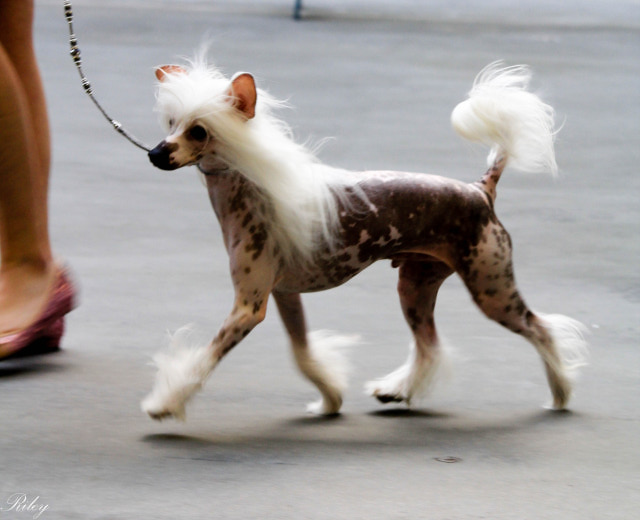 Territory Marking
QuestionHi Kathleen and thank you in advance.
I have a
Territory Marking
QuestionHi Kathleen and thank you in advance.
I have a
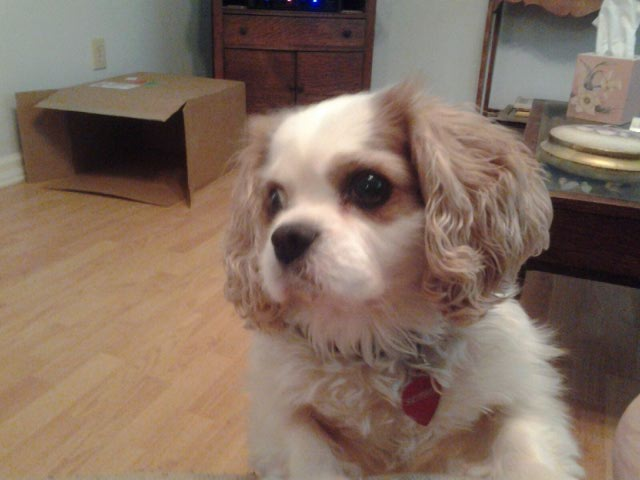 dealing with a blind 5yr old Cavalier
Question
Skipper
I have a lovely, 5 yr old Caval
dealing with a blind 5yr old Cavalier
Question
Skipper
I have a lovely, 5 yr old Caval
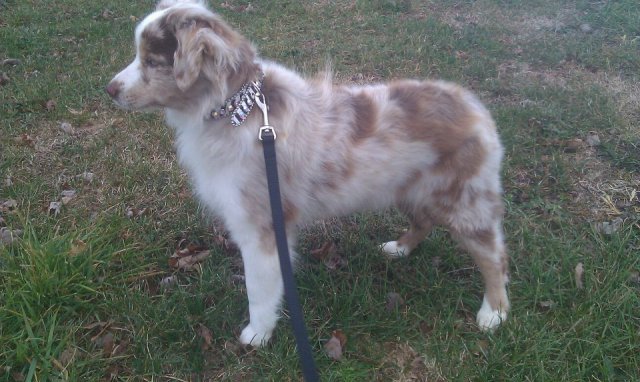 Jumping.
Question
Stetson
I have a 8 month old, male mini
Jumping.
Question
Stetson
I have a 8 month old, male mini
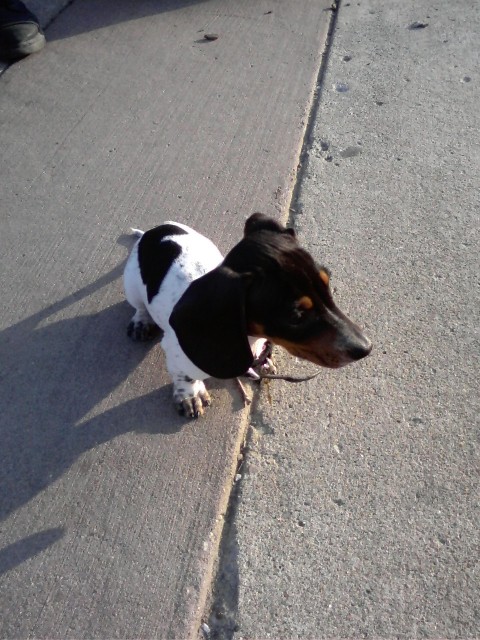 My mini-daschund is breaking ME in
Question
Tyson!
My miniature daschund is 8 months now,
My mini-daschund is breaking ME in
Question
Tyson!
My miniature daschund is 8 months now,
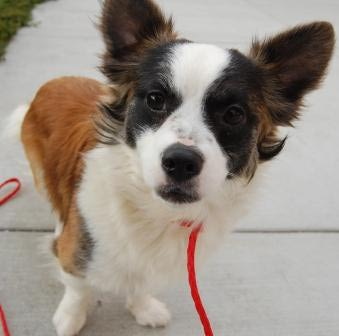 How do you feel about citronella collars?
QuestionPanda
QUESTION: I have a male Corgi mix,
How do you feel about citronella collars?
QuestionPanda
QUESTION: I have a male Corgi mix,